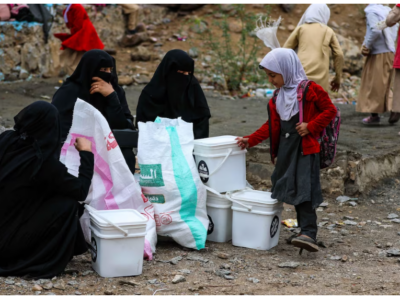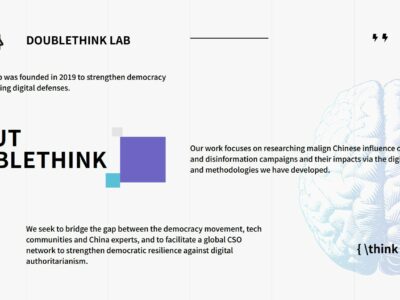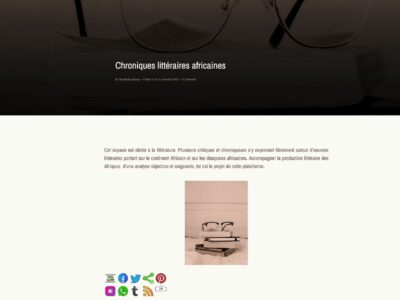
How CrossCheck works, diagram reproduced by courtesy of the project CrossCheck, via Marie Bohner
“Is populism a problem?” was the theme of the 2017 edition of the World Forum for Democracy held in Strasbourg, from the 8th to the 10th November 2017. During three days at the headquarters of the Council of Europe, plenary debate sessions, presentations on innovative projects from the entire world were held, and a showcase of participatory animations from intellectuals, politicians, practitioners and youngsters from the entire world exchanged on questions such as: From democracy of parties to democracy of citizens? – Media, friend or foe of democracy? – Is populism a problem – Multilateral responses to populism?
A theme in which the CrossCheck project naturally fits in, of which Global Voices is a partner since January 2017 through its French GV team. Global Voices has published a dozen of analyses by CrossCheck about wrong information or rumors circulated during the French presidential campaign.
Marie Bohner, friend and author for Global Voices, is a project coordinator for CrossCheck France, which she presented at the Lab 3 of the Forum, “Fact checking: is it worth the effort?”. She has kindly accepted to answer our questions.
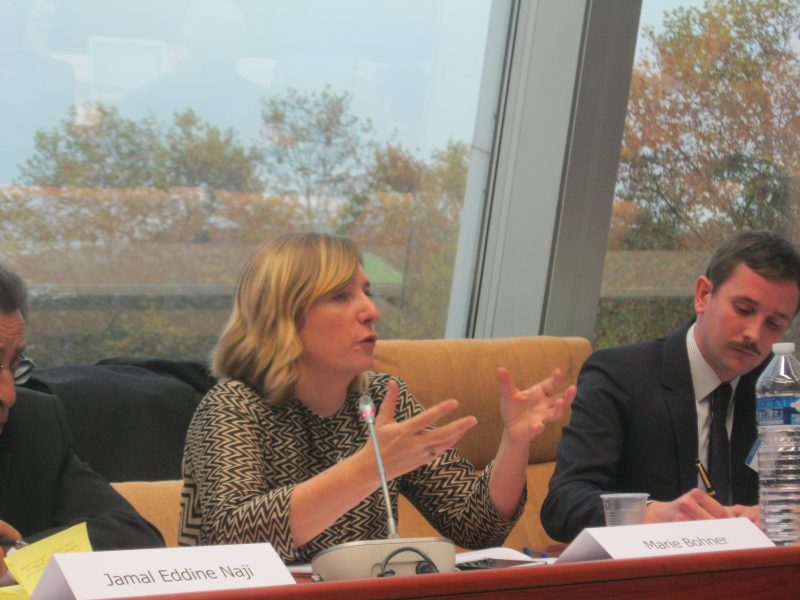
Marie Bohner introducing CrossCheck at the Lab 3 of the 2017 WFD in Strasbourg, on the 9th November 2017. Picture by Suzanne Lehn
Global Voices (GV) : You are a consultant, a journalist, and a writer for Global Voices, and all that in a very short summary. What in your career path influenced you to work directly for a media cooperation project to highlight the disinformation in the critical times of the French presidential campaign?
Marie Bohner (Marie) : Global Voices ! Global Voices est partenaire du projet CrossCheck avec lequel j'ai eu la chance de travailler depuis janvier 2017. Il est toujours étonnant (et très réconfortant) de voir que des activités bénévoles sont non seulement aussi enrichissantes que des activités rémunérées, mais qu'elles peuvent aussi conduire aux perspectives les plus folles. Surtout à GV ! Même si le fait de travailler pour CrossCheck, entre autre, a donné à mes activités un rythme très intense depuis le début de l'année – et je suis donc malheureusement moins productive pour GV. J'ai plein d'idées, mais souvent pas le temps de les mener au bout.
Marie Bohner (Marie): Global Voices! Global Voices is a partner of the project CrossCheck, with whom I was lucky to work with since January 2017. It is always surprising (and very comforting) to see that volunteering activities are as enriching as paid activities, and that they can also lead to the craziest perspectives. Especially at GV! Even if working for CrossCheck, among other things, has very much increased the intensity of my activities since the beginning of the year – and therefore I am sadly less productive for GV. I have plenty of ideas, but do not often have the time to fully execute them.
GV : Can you briefly explain to our readers what CrossCheck is, and how it works ?
Marie : CrossCheck est un projet de journalisme collaboratif initié par First Draft et soutenu par le Google News Lab. Il a rassemblé plus de 30 partenaires médias, universitaires et technologiques autour des élections présidentielles françaises, dans le but de détecter et de vérifier les rumeurs circulant sur les réseaux sociaux en lien avec les thèmes de la campagne. Le projet a été mené par une centaine de journalistes, de la presse nationale à la presse régionale, pure players, presse écrite et TV, avec une dizaine d'étudiants. Nous avons réussi à mener à bien la vérification de plus de 60 histoires en 10 semaines.
Marie : CrossCheck is a collaborative journalism project initiated by First Draft and supported by Google News Lab. It has gathered more than 30 media, university and technological partners targeting the 2017 French presidential elections, with the aim of detecting and checking rumors circulating on social medias about the campaign themes. The project was led by a hundred of journalists, from the national to the regional press, pure players, written press and TV, with a dozen of students. We succeeded in checking more than 60 stories in 10 weeks.
GV : What result, except from the defeat of the far right at the French elections, brings a huge relief?
Marie : CrossCheck a généré de beaux échanges avec tous types de publics, à travers des formulaires en ligne où les gens pouvaient poser des questions ou suggérer des rumeurs à vérifier, mais aussi à travers les réseaux sociaux. Ces échanges ont été plus qualitatifs que quantitatifs, mais surtout ils ont permis de briser un peu l'esprit de silo créé par les réseaux sociaux. Apparemment, selon une recherche sortie récemment, cela serait lié en grande partie à la participation des médias régionaux et locaux dans le projet.
Le projet a aussi permis aux journalistes d'avoir une plateforme de discussion entre eux pour discuter des enjeux et des problématiques du métier aujourd'hui, dans un esprit d'utilité publique.
Marie : CrossCheck has generated great exchanges with all type of public, through online surveys where people could ask questions or suggest rumors to be checked, but also through social media. These exchanges have been more qualitative than quantitative, but they have mostly allowed to break a little bit the silo spirit created by social media. Apparently, according to a recent research, this would be mostly linked to the participation of regional and local medias in the project.
This project has also allowed journalists to get a platform for discussion between themselves in order to discuss the challenges and problems of today's journalism, in the spirit of public interest.
GV : Has CrossCheck been expanded in other countries than France? Can it still do it?
Marie : L'équipe de First Draft a beaucoup de demandes à ce sujet, mais il n'est pas toujours facile pour les médias d'un pays de se mettre à travailler de concert… L'expérience a suscité beaucoup de curiosité à l'international, je ne serai donc pas étonnée si des formes plus ou moins proches se produisent ailleurs. Chez First Draft l'idée est de tirer partie de l'expérience française pour définir une sorte de méthodologie. Reste à voir comment cela peut s'adapter, culturellement, d'un pays à l'autre. Les médias français sont les premiers étonnés (mais ravis) d'y être arrivés !
Marie : The First Draft team has received a lot of requests on this topic, but it is not always easy for a country's medias to start working together…
The experience has sparked a lot of curiosity internationally, therefore I would not be surprised if similar initiatives are being set up elsewhere. At First Draft, the idea is to learn from the French experience to define a sort of methodology. We will see how it can adapt, culturally, from a country to another. The French medias are the first to be surprised (but happy) to have gone so far!
GV : Can the collaboration built between different medias (AFP, national press, local press…) and naturally, competitors, on fact-checking, continue? On which themes, and under what conditions?
Marie : L'envie est là, les discussions sont en cours. Je ne peux pas tellement en dire plus pour l'instant. De façon générale il y a peut-être une envie d'aller explorer des thèmes autres que politiques. La santé, peut-être? C'est une hypothèse à ce jour.
Marie : There is a wish, and discussions are currently ongoing. I can not really tell you more about it for now. Generally speaking, there is maybe the desire to explore other topics than politics. Health, maybe? It is a hypothesis to date.
GV : The CrossCheck project also has a research branch. What are the findings to this day?
Marie : Ce n'est pas vraiment une “branche” recherche. Mais une recherche a été confiée à des chercheurs pour tirer des enseignements du projet. Les résultats viennent d'être publiés la semaine dernière sur le site de First Draft. En anglais pour l'instant, et incessamment en français.
Marie : It is not really a research “branch”. But a research project has been allocated to researchers to learn from this project. The results have just been published last week on the First Draft website. In English for now, and very soon in French.
GV : It is also the 3rd year that you have been intervening at the WFD and representing another organisation, the Ososphère. Can you describe this year's action, and the illustrated theme?
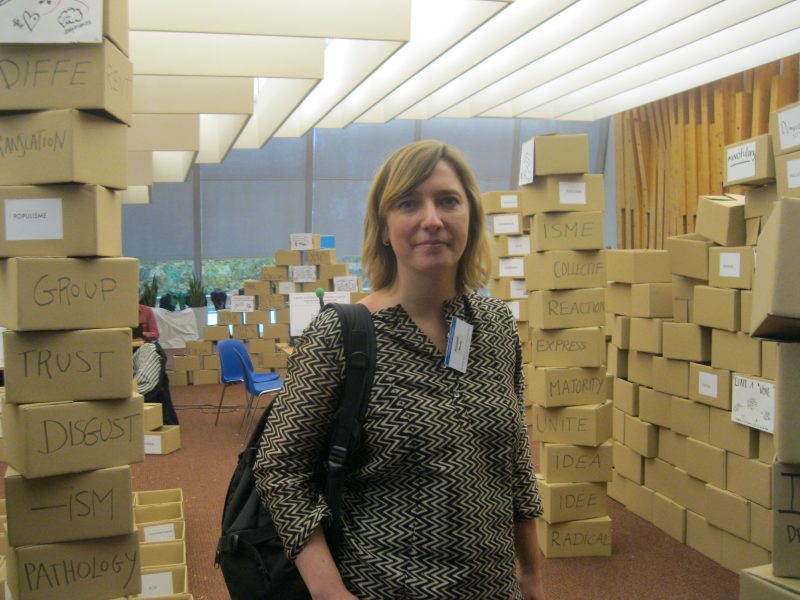
Marie at the WFD's Ososphère's workshop, with the company of des Châteaux en l'air. Picture Suzanne Lehn
Marie : L'Ososphère est une plateforme culturelle et artistique à Strasbourg, qui s'intéresse de près aux questions de la fabrique de la ville et de la conversation dans l'espace public. Je travaille avec eux autour d'un programme qui s'appelle les Cafés Conversatoires : il s'agit de passer outre les expertises de celles et de ceux qui font et habitent la ville, pour les rassembler autour d'une table dans l'espace public. Les architectes, les élus, les urbanistes, mais aussi les habitants et leurs associations, les chercheurs, les philosophes, et surtout les artistes, qui apportent une impulsion et un regard différent au débat.
Au FMD nous avons travaillé sous forme de workshop artistique, urbain et radiophonique, pour interroger avec les participants du FMD la notion de peuple et de populisme à l'échelle de la ville. Nous travaillons avec plein de gens étonnants, en particulier des artistes qui font des constructions incroyablement évocatrices en carton. La compagnie s'appelle des Châteaux en l'air (voir le site Entre cabanes).
Marie : The Ososphère is a cultural and artistic platform in Strasbourg, which focuses on issues such as the structure of the city and conversation in public space. I am working with them on a program called the Cafés Conservatoires: the principle is to look at the expertise of those who make the city and live in it, and to gather them on a round table in the public space. These are architects, elected ones, urbanologists, but also the residents and their associations, researchers, philosophers, and especially artists, who bring a strong influence and a different perspective to the debate.
At the WFD we have worked under a kind of an artistic, urban and radio-phonic workshop, to interrogate together with the WFD participants, on the notion of people and populism on the city's scale. We are working with tons of surprising people, particularly artists who build incredibly suggestive carton work. The company is called des Châteaux en l'air (Castles in the air, see the website Entre cabanes).
GV : These activities have allowed you to have a limited presence at the different round tables, presentations and other proposals of the very full WFD program. Nonetheless, what are your impressions on the theme, is populism a problem, and the way it has been treated?
Marie : J'y ai vraiment été trop peu malheureusement pour faire de bons retours à ce sujet. J'ai l'impression que les choses tournaient beaucoup autour de la question de la désinformation en ligne et des médias. Peut-être moins de stratégies politiques… Mais cela reste un avis très parcellaire.
Marie : I really did not attend to it enough to present a good feedback on this topic. I have a feeling that the discussion was revolving a lot around the question of the online and media disinformation. Probably less on political strategies… But this remains a very fragmented opinion.
GV : You will participate to the 2017 GV Sommet in Colombo, in a bit more than a week, where you will be presenting the partnership of Global Voices with First Draft/CrossCheck. Could you give us some details beforehand?
Marie : Nous allons parler de la façon dont les informations sont perçues – ou non – comme crédibles d'une culture à l'autre, dans une table ronde qui s'appelle “Is credibility cross-cultural?” le 2 décembre à 16h50. C'est excitant de partager ces problématiques au sein d'un groupe super international comme GV, particulièrement avec des gens qui s'interrogent sur la façon de formuler les informations, comme Connie avec NewsFrames, mais aussi Sivakosaran pour Wikipedia en tamoul et Sanjib pour le Népal.
Marie : We will discuss the way information is perceived – or not – as credible from a culture to another, in a round table called “Is credibility cross-cultural?” on the 2nd December at 4:50pm. It is exciting to share this problematic in the GV super international group, particularly with people who wonder how to formulate information, like Connie on NewsFrame, but also Sivakosaran on Wikipedia in Tamoul and Sanjib on Nepal.
Topics and dates for the next World Forum for Democracy have been fixed: Citizenship in the move, from the 19th to the 21st November 2018.

